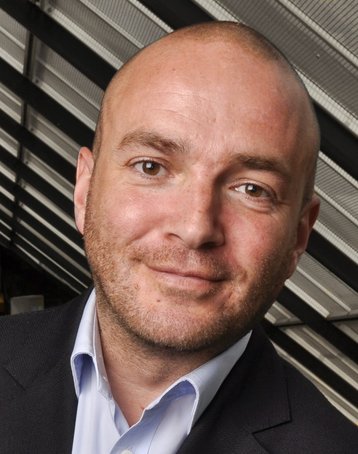Cloud federator OnApp has recruited its 49th member as it seeks to unite smaller cloud operators into a collective force to compete globally with Amazon Web Services (AWS).
The OnApp Federation claims to be the world’s biggest public cloud, with 51 compute cloud locations in 30 countries, and 171 content delivery networks (CDN) available.
Membership of the OnApp Federation promises each individual cloud provider the option to buy and sell cloud infrastructure through a wholesale market that is made up of all the computing capacity the members have collectively donated. The scheme aims to give any cloud service provider instant global coverage, enabling them to compete for clients who need a variety of local presences across the world.
Buying this way manages sovereignty and compliance issues
Buying infrastructure this way allows service providers to offer cloud locations for application deployment, minimising latency for end users by hosting applications in their nearest city and managing data sovereignty and compliance issues, said OnApp CEO Ditlev Bredahl.
“It’s a new model for cloud infrastructure buying. We’ve built a global marketplace where any service provider can go and buy cloud infrastructure and make it available to their clients,” said Bredahl.
The cloud concept has been discussed and misunderstood for years, said Bredahl, and the one persistent omission is the ready availability of cloud infrastructure. The federation allows smaller players to compete for contracts that were previously the exclusive domain of a few players like AWS.
“As part of the OnApp Federation, these 49 service providers will now have access to unlimited infrastructure, with more scale than any megahoster, more locations and better world-wide performance,” said Bedahl.
Ben Westfall, CEO of new member TelosHost said his cloud service provider had become “an instant global player. We can offer cloud locations we would not otherwise have access to, and sell compute cloud from around the world.”
“We can win projects we would otherwise not have the global reach to handle,” said Aaron Faby, CEO of Xfernet, “we can scale out our cloud without CAPEX on new infrastructure.”


